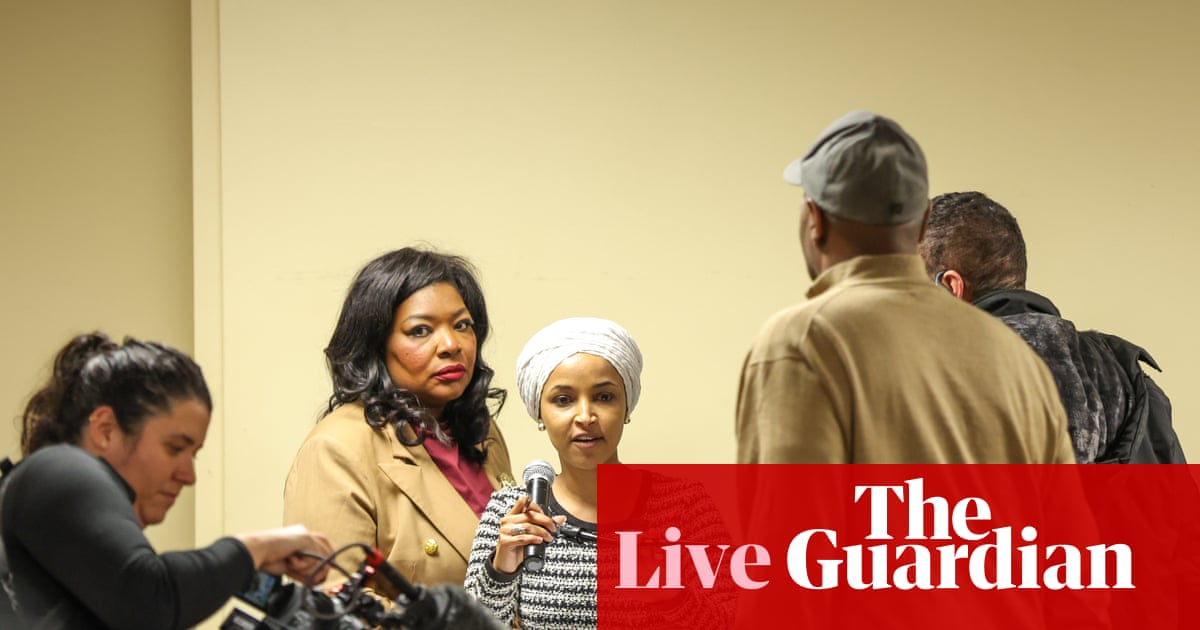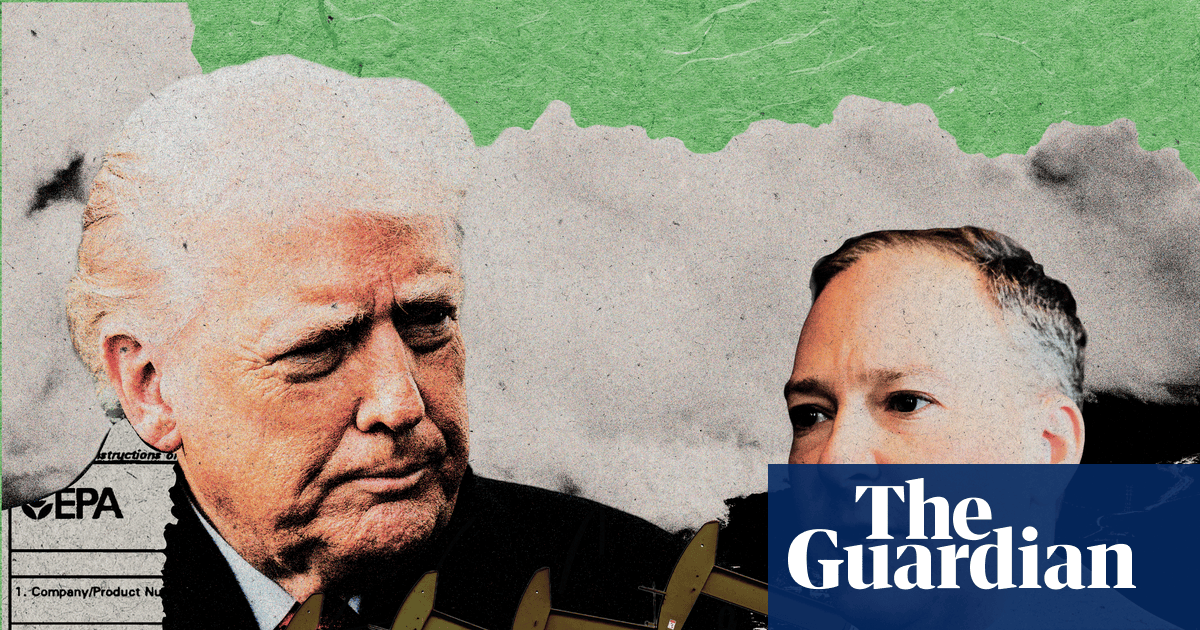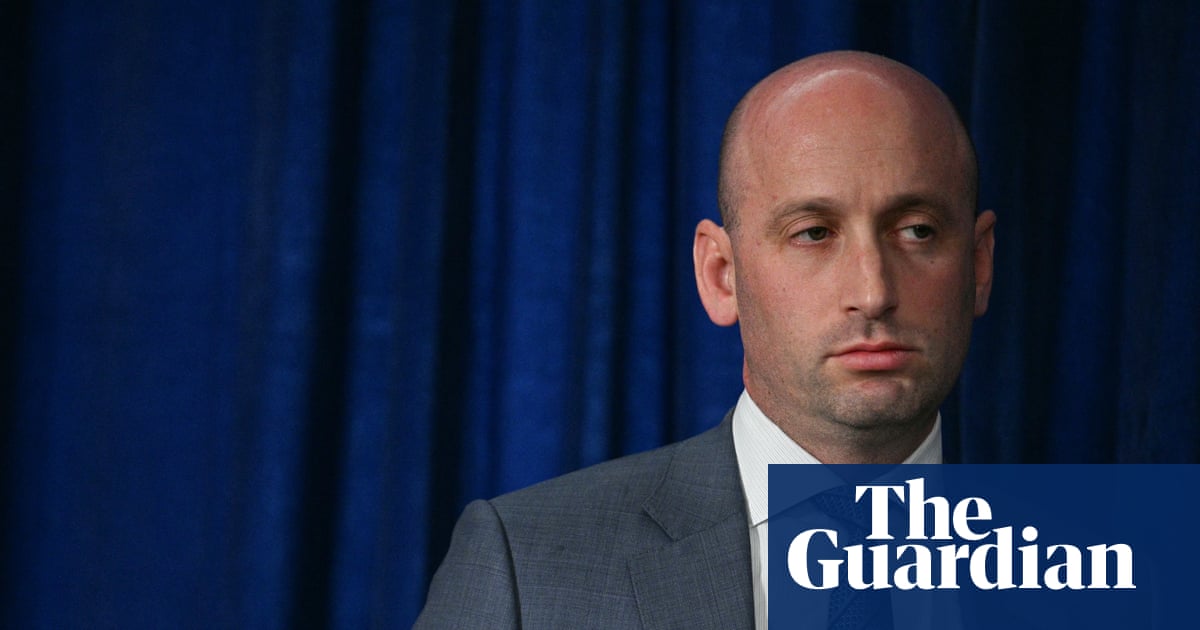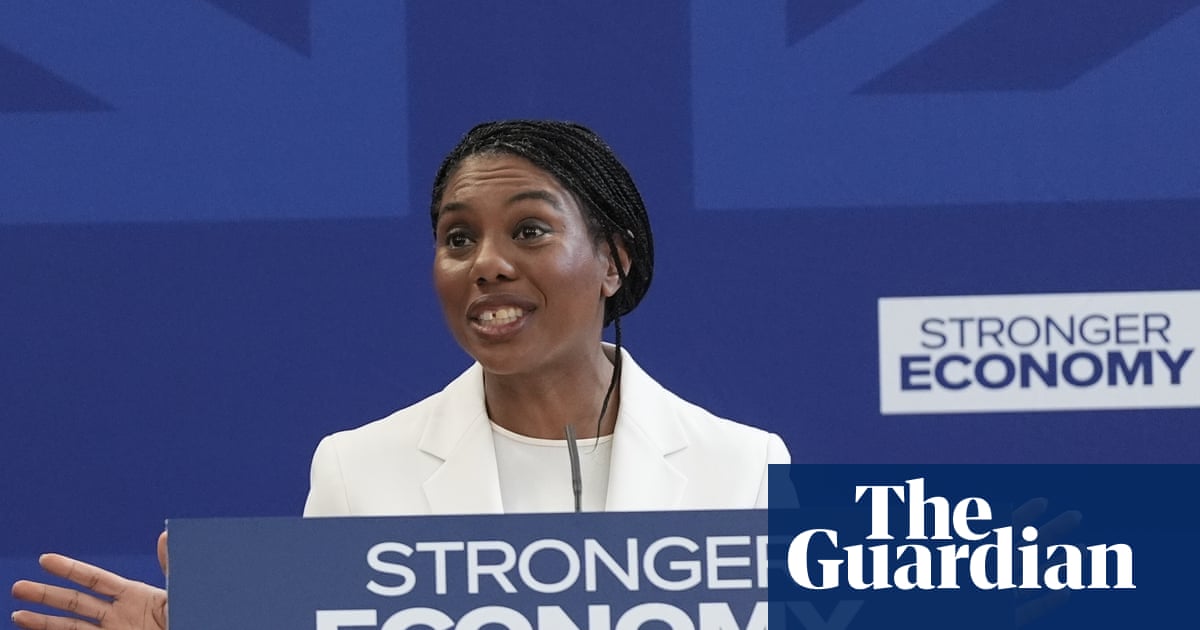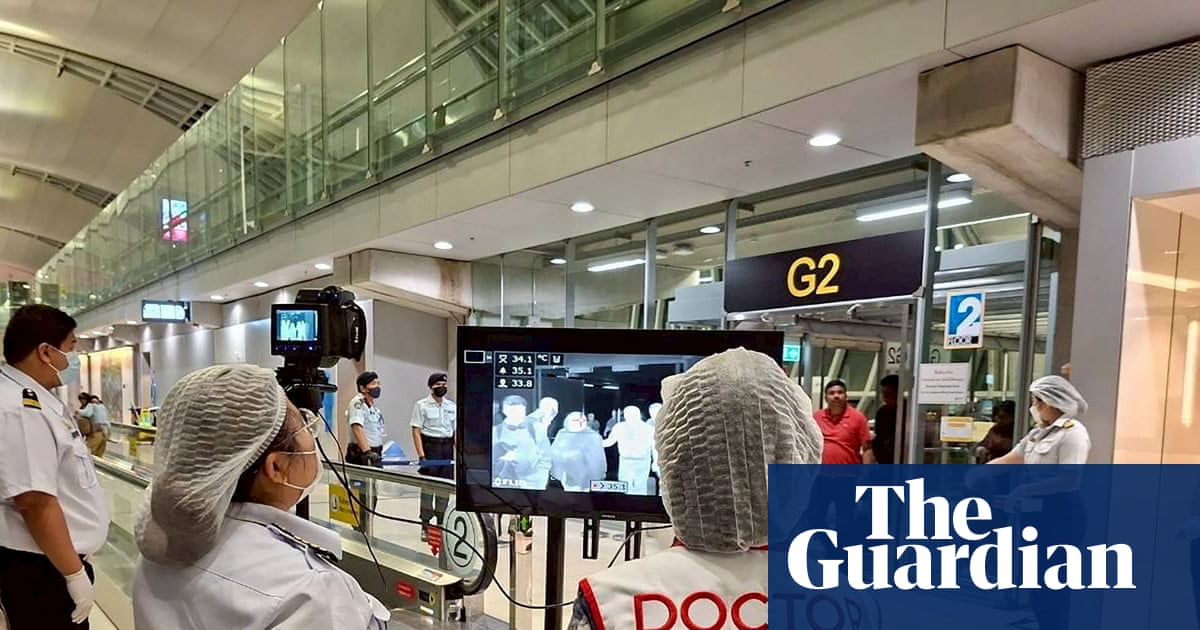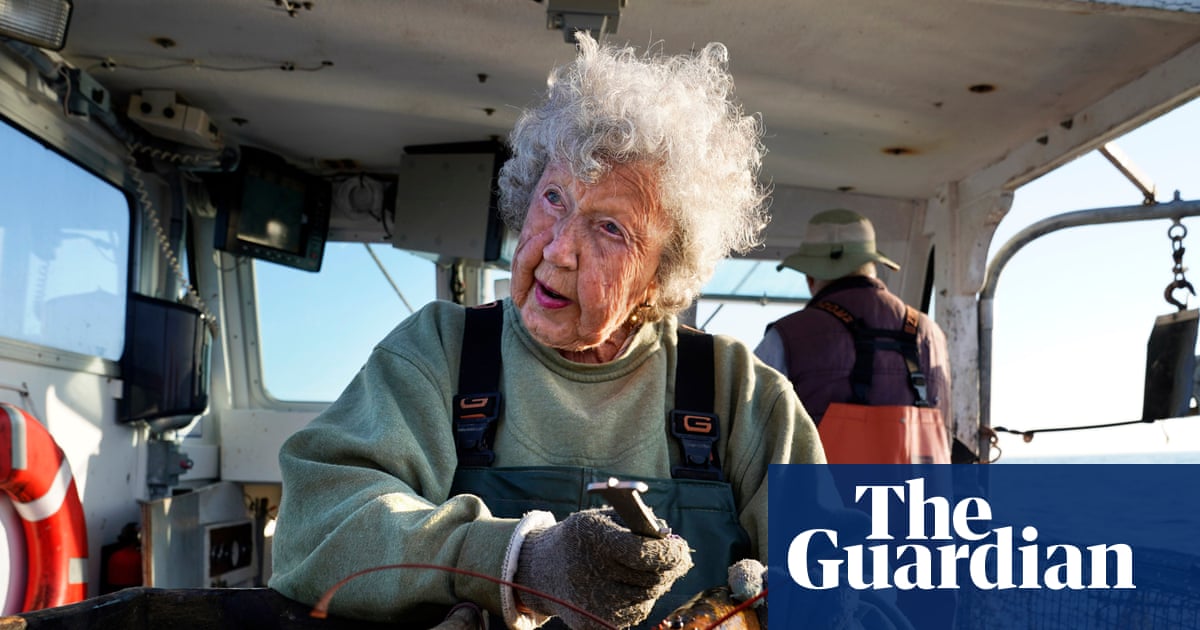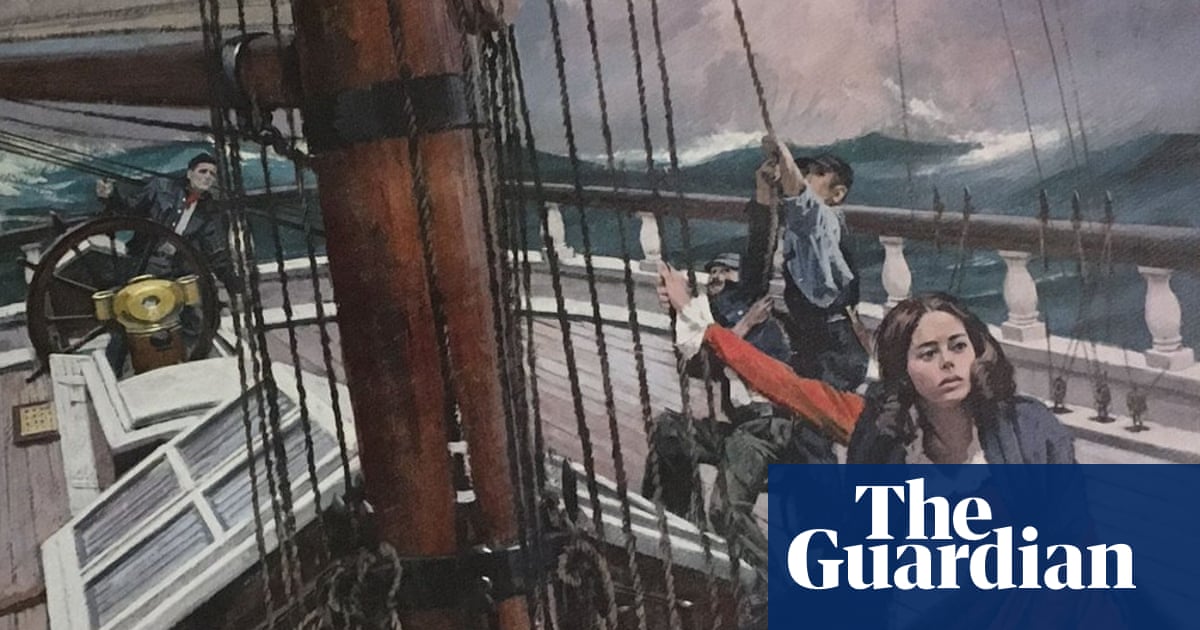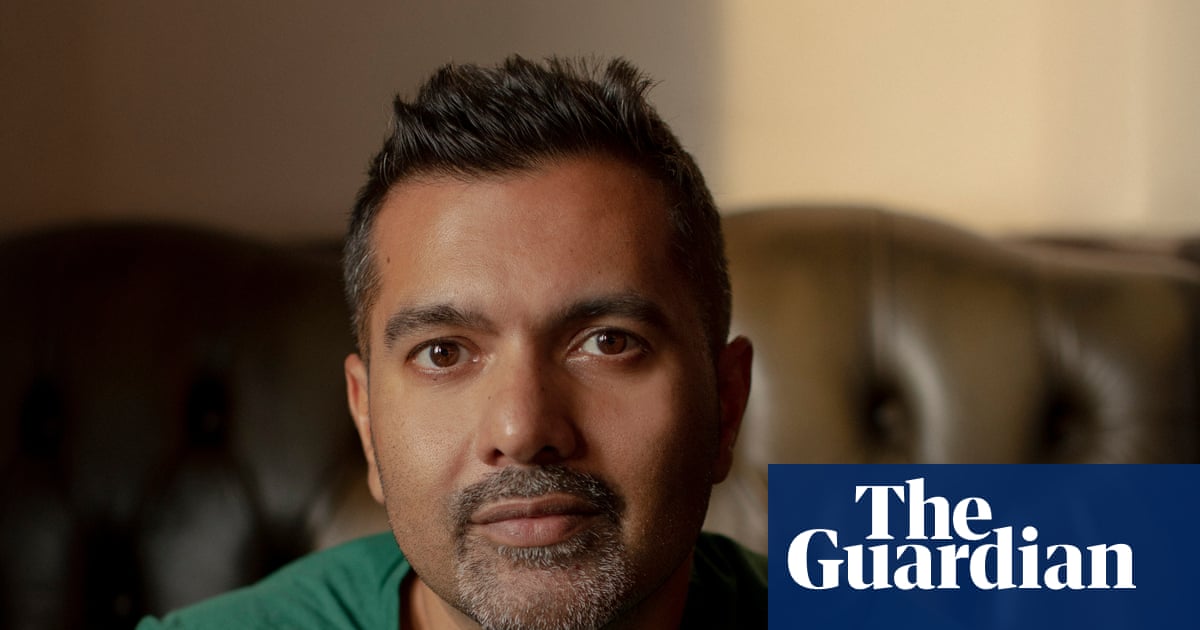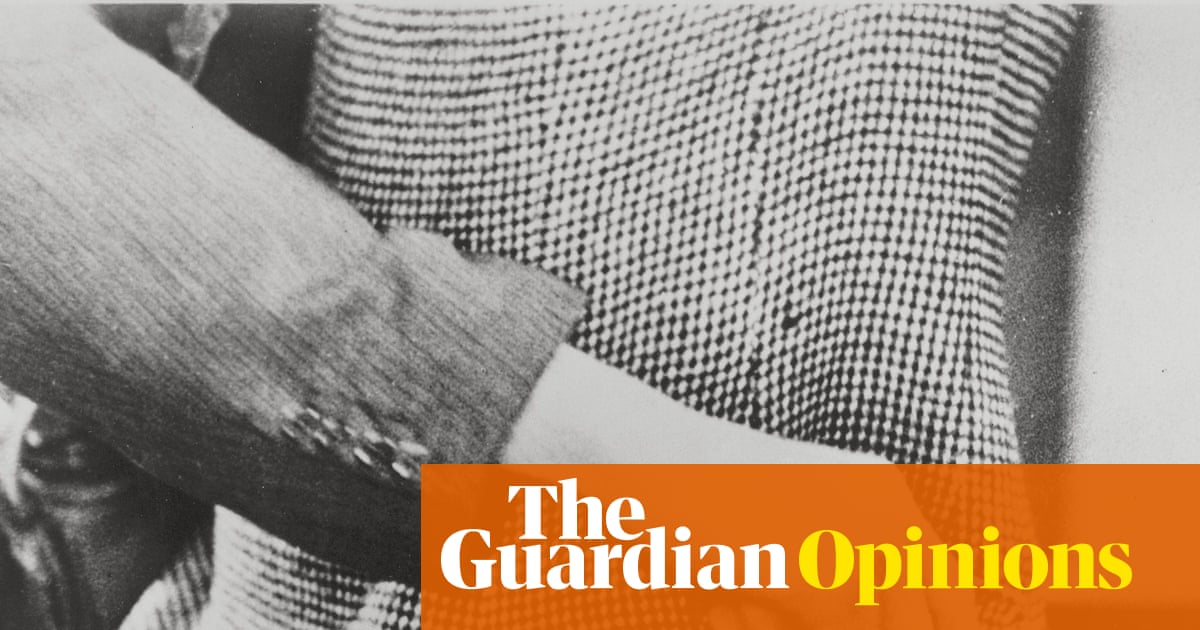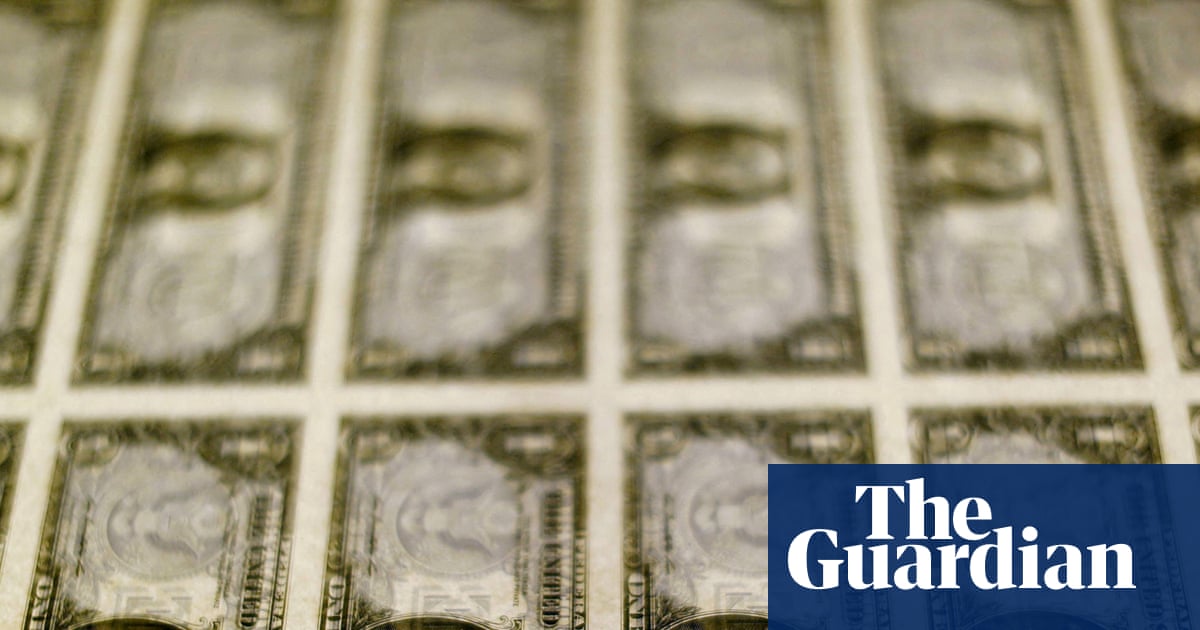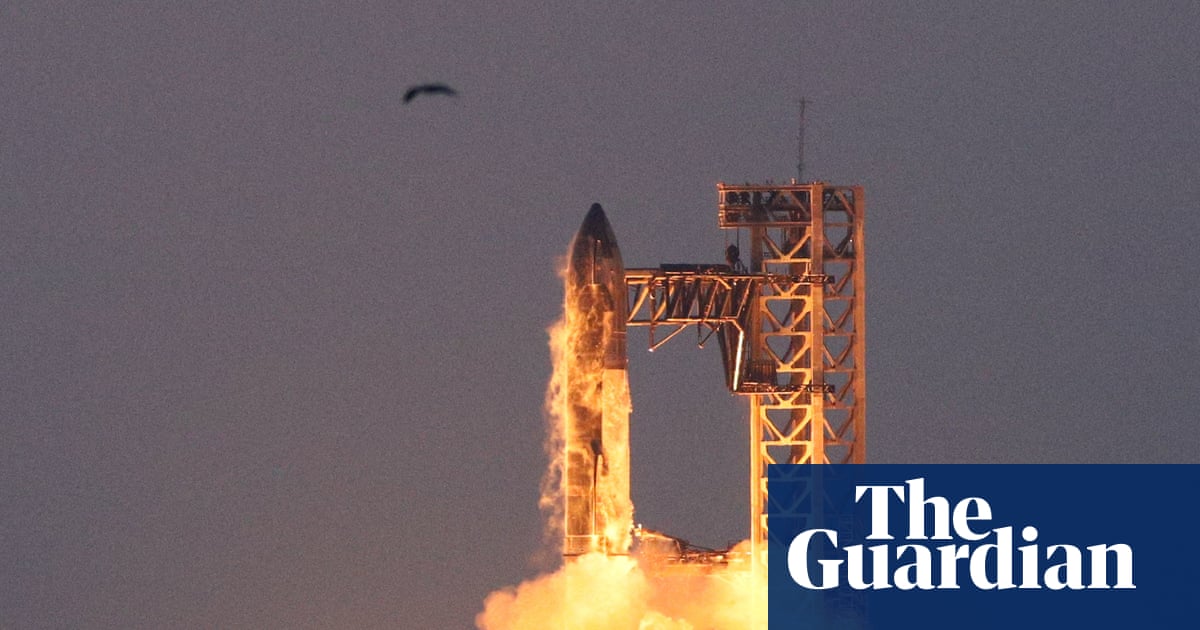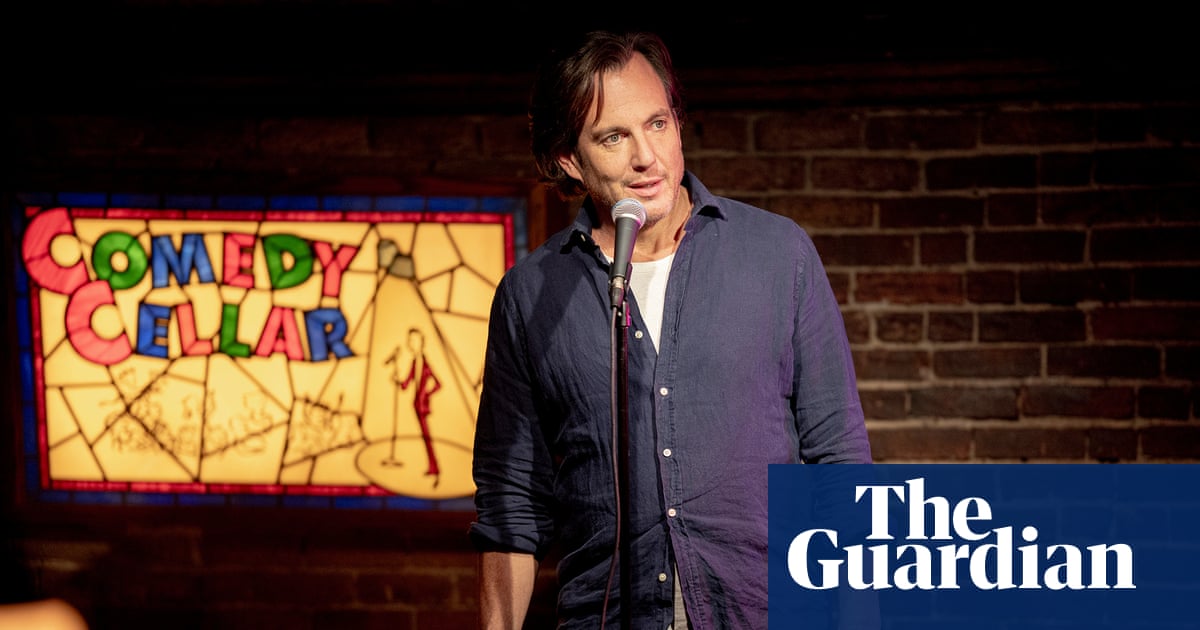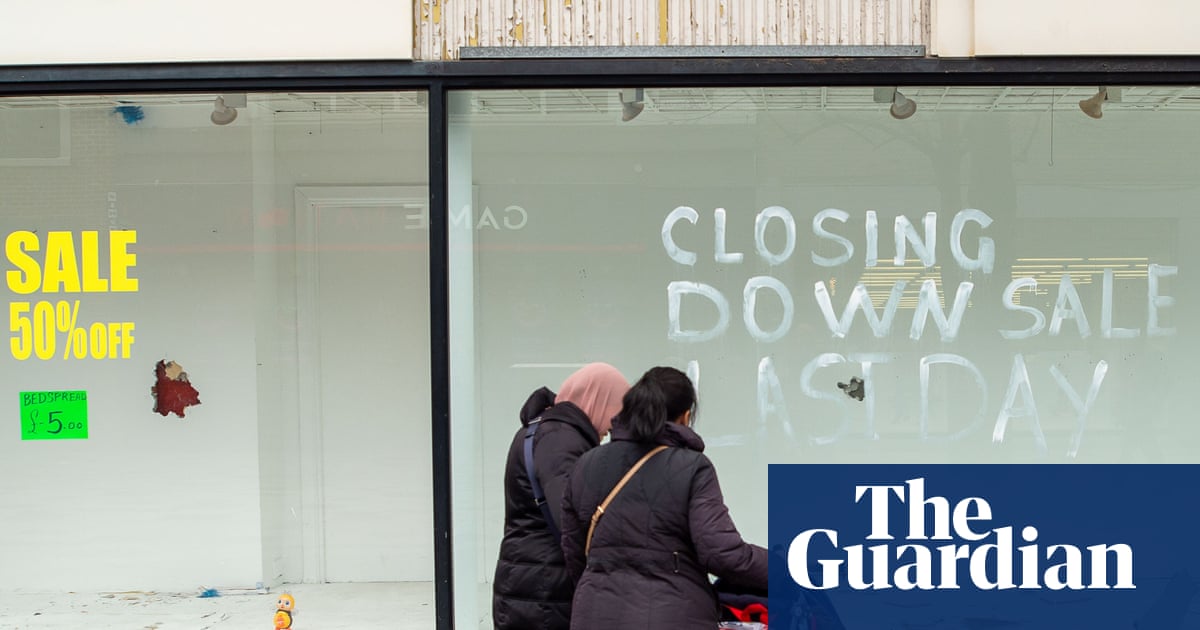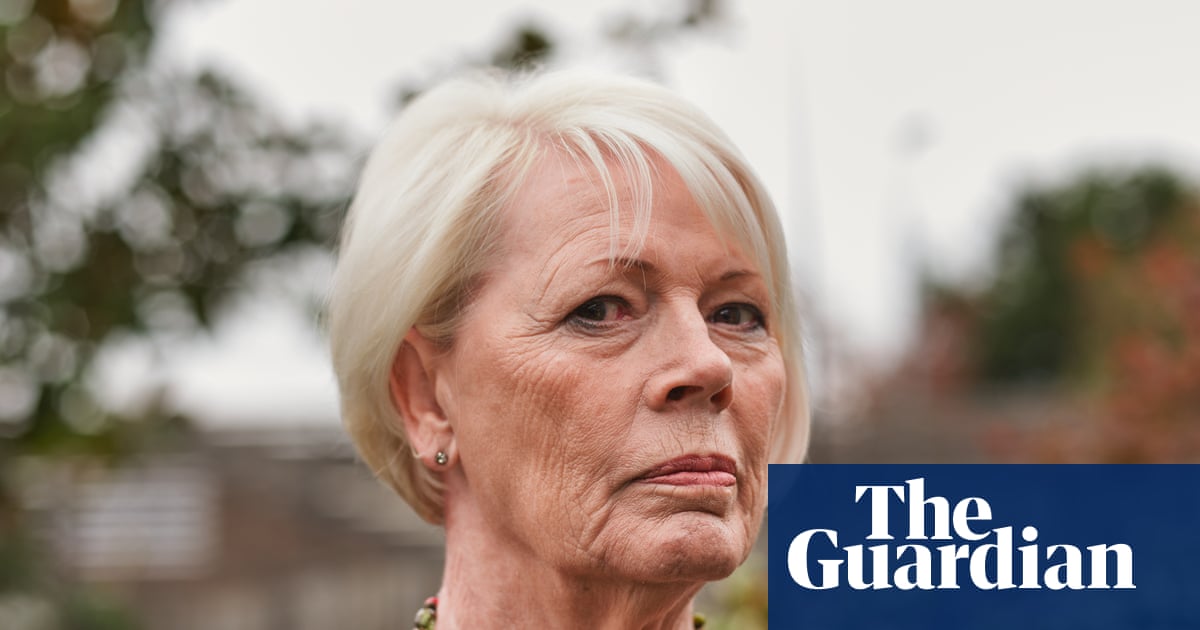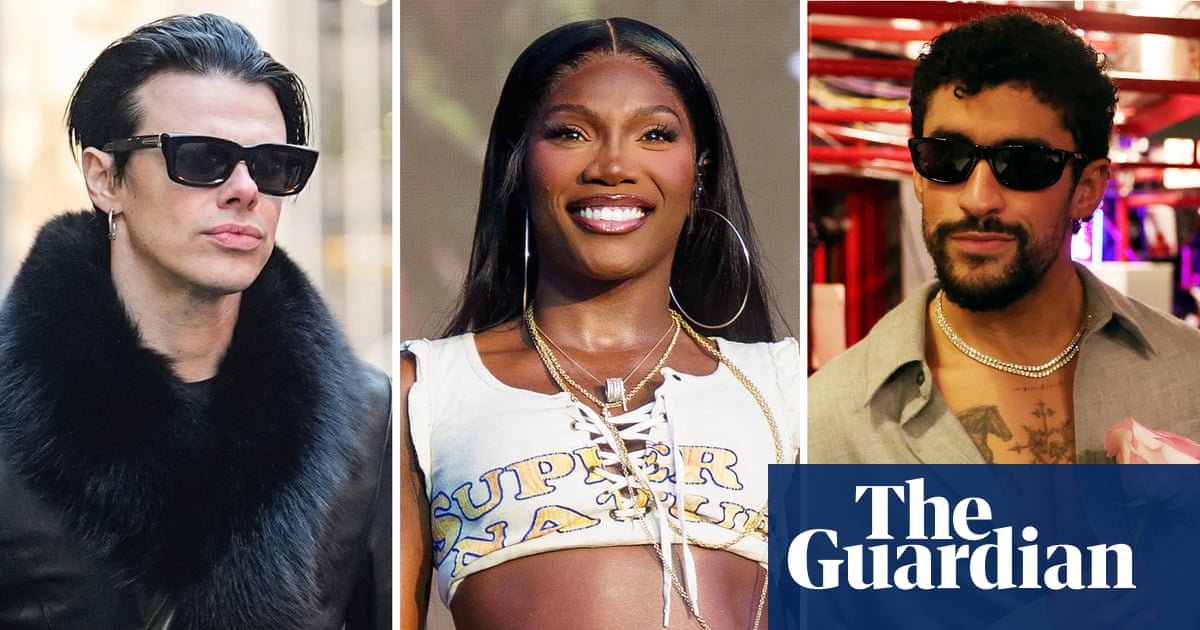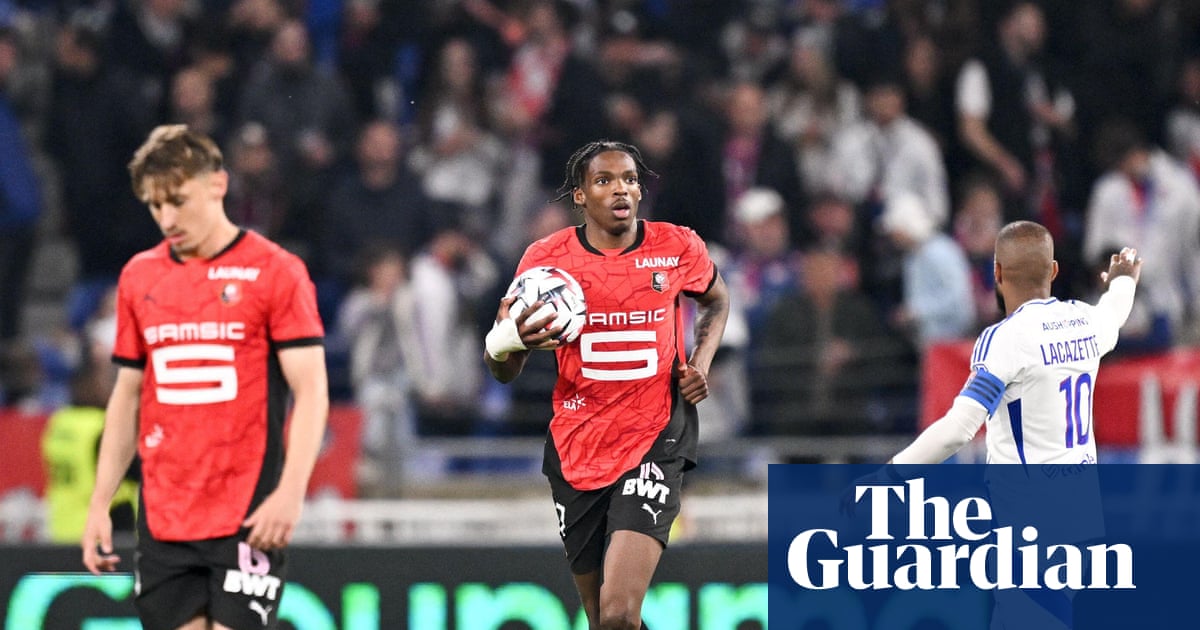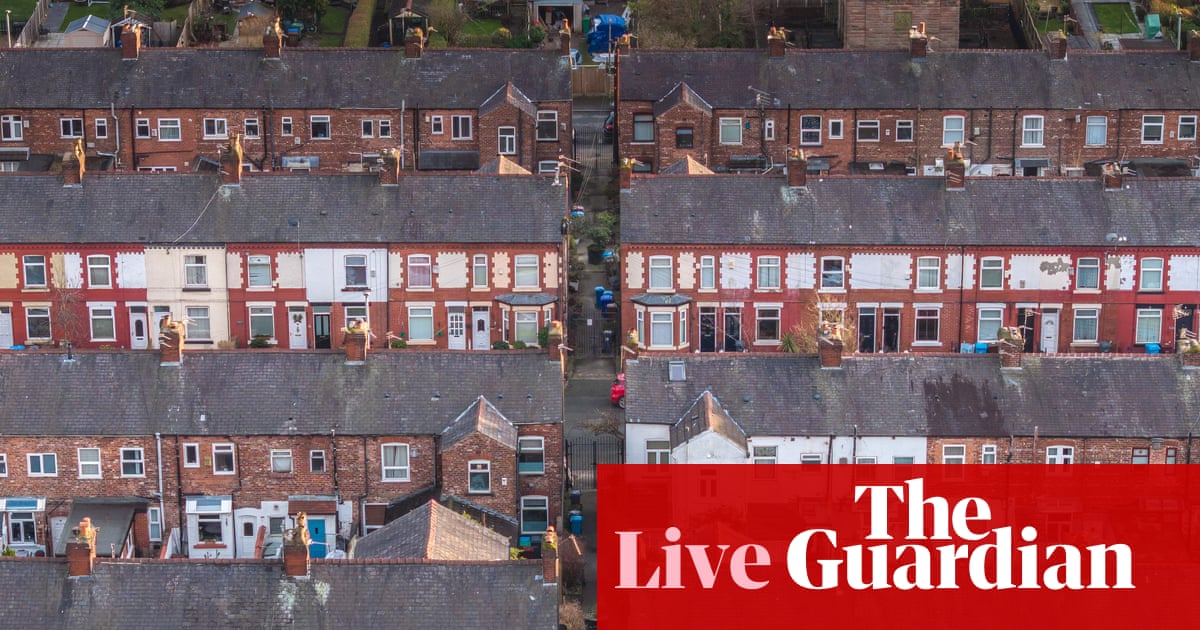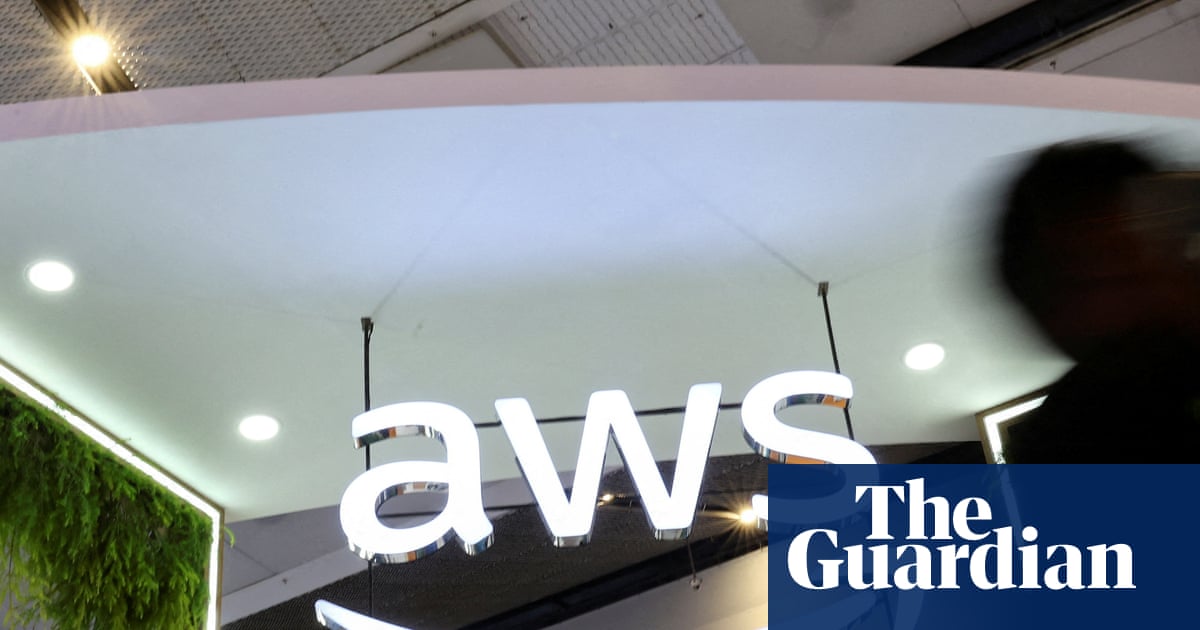The drumbeat is growing louder. Covert operations are supposed to remain just that, but on Wednesday Donald Trump confirmed that he had approved secret CIA actions in Venezuela and suggested that he was considering strikes on its territory. These comments follow the administration’s extrajudicial killings at sea: attacks on alleged drug boats in the Caribbean that have left at least 27 dead – a frightening new precedent denounced by UN experts as illegal. The US has already built up forces in the region, with about 6,500 troops now stationed there. “No to war in the Caribbean … No to regime change … No to coups d’état orchestrated by the CIA,” railed Nicolás Maduro, Venezuela’s dictator, after Mr Trump’s remarks.
The US president’s repeated claim that each boat strike saves 25,000 American lives is even more preposterous than it first sounds. The fentanyl that killed 48,000 people in the US last year did not come from Venezuela; most of it is from Mexico. But Mr Maduro’s regime looks increasingly isolated. The US has designated Venezuela’s Tren de Aragua gang as a terrorist organisation that has “invaded” the US, claiming that Mr Maduro is personally responsible. It has used that posturing to justify deportations and to boast – against the evidence – that Mr Trump has cut violent crime in cities.
This administration has proved unexpectedly active in Latin America, apparently the one sphere of foreign policy where the secretary of state, Marco Rubio, is making the running. He has long sought to oust Mr Maduro for both ideological and material reasons. Other hawkish figures in the administration, such as Stephen Miller, share this view. Mr Trump initially licensed another, simultaneous approach; his envoy Richard Grenell brokered agreements on deportation flights and energy contracts. Many believe that the hawks have prevailed, with reports that Mr Trump ordered Mr Grenell to end talks.
That CIA operations and war planning are being aired so enthusiastically may suggest that the US hopes regime change will come through Mr Maduro fleeing (unlikely), or that it still cherishes the long-held (and so far unevidenced) wish that military and security forces will turn on him. Others suspect that this is the latest example of Mr Trump’s blunt “or else” approach to foreign policy – designed to extract more from Mr Maduro.
The US has a long and inglorious history of intervention in Latin America. But Mr Trump will be wary of angering Maga supporters with military action and of looking like a paper tiger if Mr Maduro endures again. The attempt to remove him in Mr Trump’s first term, with the US backing the then opposition leader, Juan Guaidó, proved a fiasco. Last week’s decision to award the Nobel peace prize to María Corina Machado – whose opposition movement is widely believed to have won last year’s elections, prompting still more brutal repression by the regime – is a symbolic boost for those standing against Mr Maduro, but is highly unlikely to be a turning point in itself. And if insiders depose him, Madurismo without Maduro might not be an improvement for Venezuelans.
The Trump administration may convince itself that military action can be strictly delimited, given Mr Maduro’s restricted options. But Democrats and human rights groups are right to warn it against illegal and unauthorised uses of force, endangering the lives of Venezuelans, increasing the insecurity they face, and risking escalation.

 3 months ago
81
3 months ago
81
